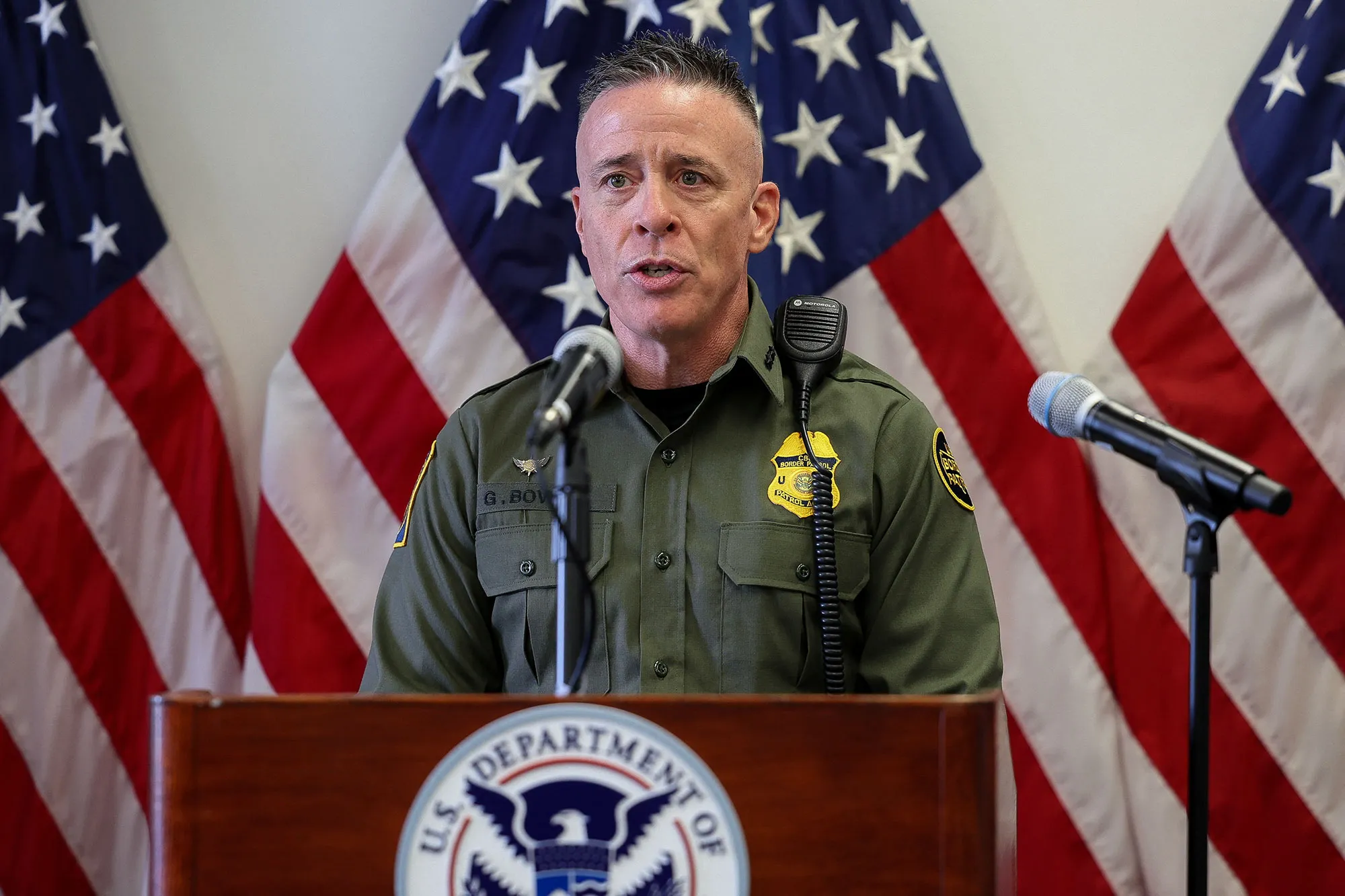In a significant legal confrontation, Gregory Bovino, a senior U.S. Customs and Border Protection official who has overseen federal immigration operations in Chicago under the Trump administration, has been ordered to appear in federal court. The decision by Judge Sara Ellis comes amid allegations that federal agents violated a court order limiting the use of force during immigration enforcement actions in the city. The case has intensified debate over how far the federal government can go in enforcing immigration law within sanctuary jurisdictions.
The Court Order and the Allegations
According to federal court filings and reports from Reuters and ABC News, Judge Ellis directed Bovino to appear before her next week to address claims that agents under his supervision used tear gas and other crowd control weapons without providing the required verbal warnings. The alleged incident occurred in Chicago’s Little Village neighborhood, a predominantly Latino community where federal officers were conducting raids as part of Operation Midway Blitz, a large-scale enforcement campaign launched earlier this year.
Court documents referenced by Reuters indicate that video evidence shows agents deploying tear gas despite a restraining order that mandated clear identification and at least two warnings before using such measures. The Department of Homeland Security has maintained that its officers issued adequate warnings, while local residents, journalists, and protesters argue that recordings contradict those claims. The dispute has underscored tensions between federal agencies and the judiciary over accountability and transparency in immigration enforcement.
Operation Midway Blitz and Its Local Impact
Operation Midway Blitz was introduced as part of the Trump administration’s broader strategy to target undocumented immigrants with alleged criminal histories. It involves coordination among multiple federal agencies, including CBP and Immigration and Customs Enforcement, and has drawn strong criticism from Chicago officials. City leaders, including the mayor and Illinois governor, have denounced the initiative as an overreach that undermines local law enforcement and instills fear among immigrant communities.
In neighborhoods such as Little Village and Pilsen, advocacy groups report rising anxiety and declining economic activity. Local restaurants and small businesses say they have seen fewer customers since the operation began, as residents limit outings in fear of federal sweeps. Community organizations have held legal workshops and rights-awareness sessions to educate residents about how to respond to encounters with federal officers. These efforts reflect a broader mobilization across Chicago aimed at pushing back against what many describe as an intrusive and militarized federal presence.
Legal and Political Consequences
Judge Ellis’s order requiring visible identification, body cameras, and verbal warnings represents an attempt to impose transparency on a federal system often shielded from public scrutiny. Her demand that Bovino personally appear in court signals the seriousness of the alleged violations and the judiciary’s willingness to enforce compliance with its directives. If the court finds that federal agents disregarded these orders, it could result in sanctions or tighter restrictions on future enforcement operations.
Politically, the case illustrates the widening divide between the Trump administration’s aggressive immigration stance and the resistance from state and local governments in sanctuary jurisdictions. Federal officials argue that operations like Midway Blitz are necessary to protect public safety by removing dangerous offenders. Critics counter that the operations rely on racial profiling and undermine community trust, ultimately making neighborhoods less safe. The courtroom confrontation over Bovino’s actions could therefore shape not only Chicago’s relationship with Washington but also national debates about the limits of federal power in local policing.
What Comes Next
The hearing is scheduled for early November and is expected to focus on whether federal agents complied with Judge Ellis’s previous orders. Lawyers for the plaintiffs plan to present additional footage and eyewitness testimony, while government attorneys are likely to defend the actions as lawful and justified. The outcome could set a precedent for how courts oversee federal enforcement in sanctuary cities and determine the extent to which local civil-liberties protections can constrain federal authority.
Whatever the ruling, the case underscores an enduring question in American governance: who holds federal power accountable when its actions clash with local values and judicial mandates. As the hearing approaches, both supporters and critics of the Trump-era enforcement surge are watching closely. The decision could influence how future immigration operations are conducted across the United States.
Sources: Reuters, ABC News, CBS News, WBEZ
Note: All information in this article is based on verified public data and credible sources available at the time of writing.
